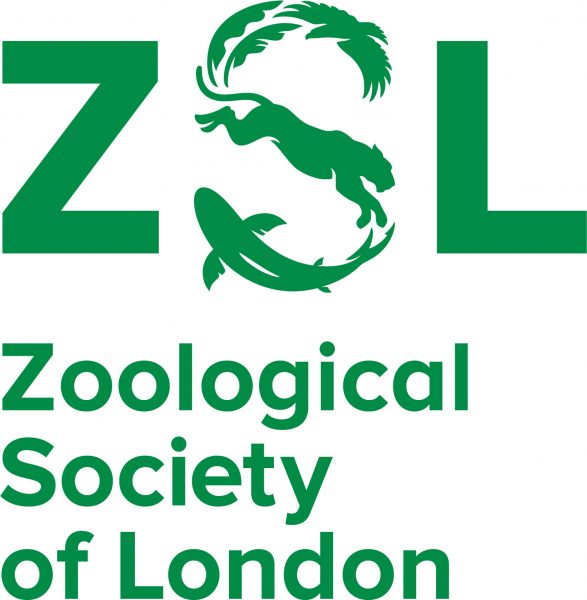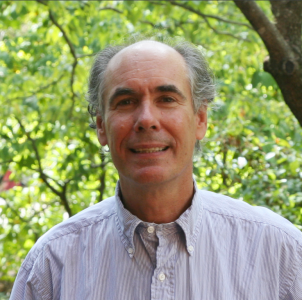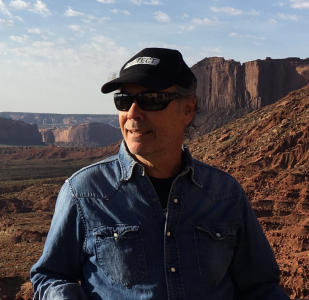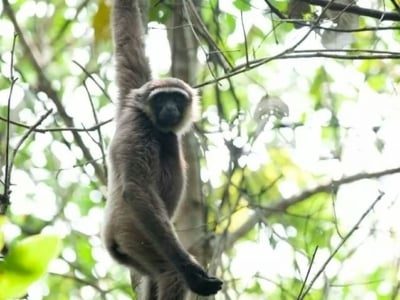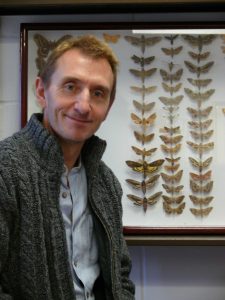Professor Kate Jones
Kate is an exemplary interdisciplinary conservation scientist who has combined high-impact academic research with real-world, on the ground conservation action. Her science is wide-ranging and includes pure ecology and evolution, resulting in an impressive body of work on bat ecology. She also is recognised as a leader in the field of citizen science, both actively engaging with the public in the collection of datasets and also publishing about the best approaches to designing and using such studies. Her methodological contributions to the science of biodiversity monitoring have influenced the use of acoustic monitoring in ecological studies.
Kate also has a longstanding interest in zoonotic disease and her publications in this area over the last two decades have influenced the development of the field of One Health. Kate is a highly collaborative researcher, with a talent for bringing people together, and for making insightful contributions to workshops and collaborative research projects. In her new role at UCL East, Kate is developing a vision of a campus that promotes innovation, engages the public in a deprived part of London with nature, and which builds the capacity of early career researchers from around the world to research some of the world’s most intractable challenges in an interdisciplinary environment.

